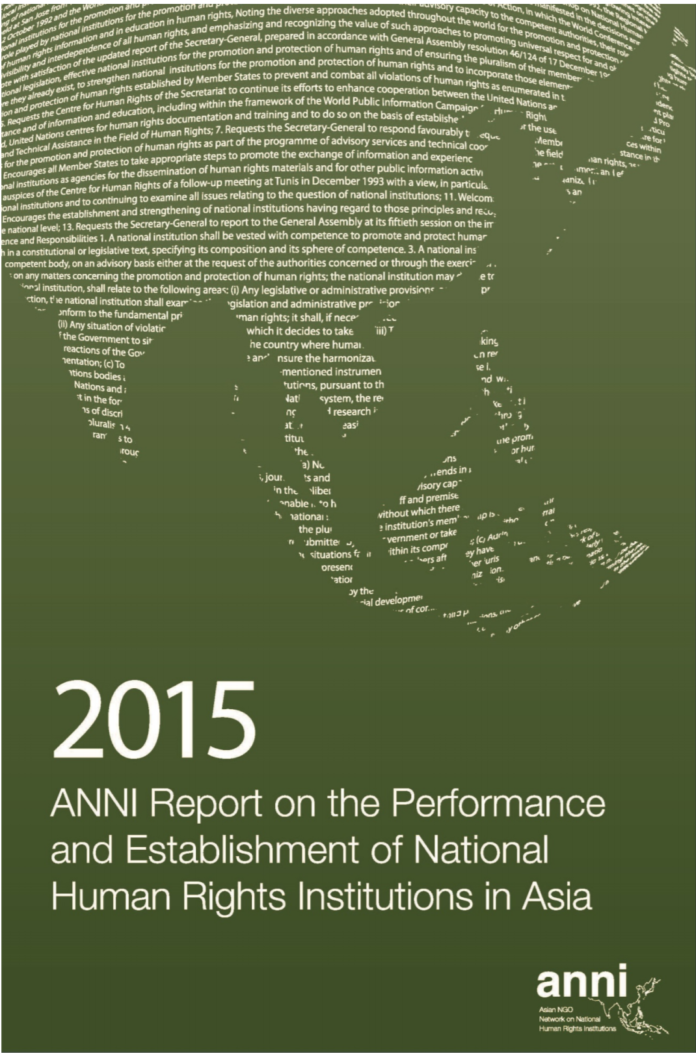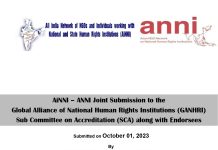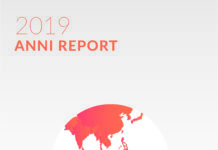BURMA: ‘ALL SHOOK UP’
Burma Partnership
Equality Myanmar
Smile Education and Development Foundation
The next twelve months will be a revealing year for the Myanmar National Human Rights
Commission (MNHRC). With the enabling law being finally passed in March of 2014, it is now possible for the MNHRC to fulfill its mandate of human rights protection. Unfortunately,
instances of significant backsliding remain for the human rights situation in Burma, though Civil Society Organizations (CSOs) are hopeful for change in the upcoming general elections in November 2015. Discriminatory legislation in the form of the controversial “Race and Religion†bills, the harsh clamping down on freedom of assembly and expression during peaceful protests, and the systematic denial of civil and political rights for Rohingya are significant issues that will test the effectiveness of the MNHRC during its pivotal year.
The signing of the draft Nationwide Ceasefire Agreement (NCA) has come to a standstill as a number of Ethnic Armed Organizations (EAOs) collectively refused to sign the NCA over the lack of inclusion for all EAOs in the peace process and continued significant human rights violations by the Burma Army2. Additionally, ongoing violence such as the Burma Army attack on a Kachin Independence Army (KIA) training school, which left 23 cadets dead on 19 November 2014, illustrates the substantial political tension in ethnic regions of Burma. By attempting to move forward without the inclusion of all political actors or at the least, the ending of conflict, the Burma Government cannot hope to achieve a sustainable peace. In addition to exacerbating existing conflicts, the upcoming general elections are poised to significantly test Burma’s fledgling transition to democracy4
. Yet due to the decision to eliminate the White Card identification system earlier this year, a significant portion of Burma’s 1.3 Million Rohingya will be unable to participate in the electoral process. Finally, the leader of the main opposition party the National League for Democracy (NLD), Aung San Suu Kyi, will not be able to partake in the upcoming elections for presidential post due to a constitutional clause that specifically prohibits anyone with foreign-born relatives from becoming President. The need for an effective MNHRC could not be more pressing. In her March 2015 report to the Human Rights Council, the United Nations Special Rapporteur on the situation of human rights in Burma, Yanghee Lee, drew particular attention to the current restraints being placed on Freedom of Assembly and the Freedom of Expression. She first made reference to the ‘March 10th incident’ in Letpadan, in which dozens of students were brutally attacked and made victim to mass arrests by the police during a peaceful protest on education reform8 leading to condemnation from 130 civil society organizations (CSOs). A garment workers’ peaceful protest in March also
resulted in nearly 20 individuals being arrested.












